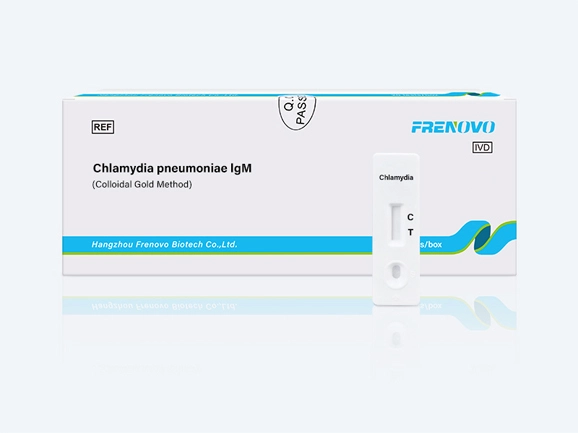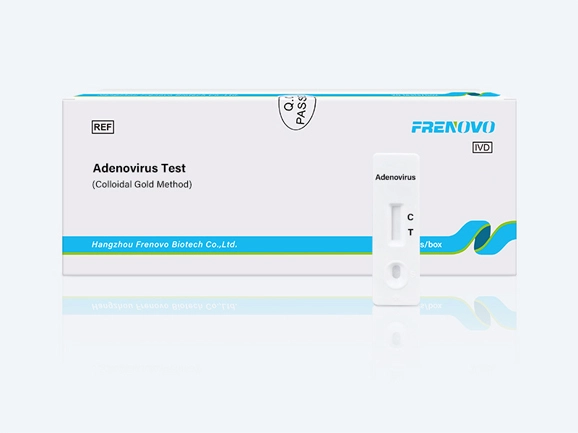

Chlamydia pneumoniae (CPN) is a Chlamydophila pneumoniae pathogen that is transmitted through the respiratory tract. It is a prokaryote with a unique developmental cycle and is a special intracellular parasite. Detection of Chlamydophila pneumoniae IgM (CPN-IGM) antibodies is sensitive and specific for the rapid diagnosis of CHLAMYDOPHILA pneumoniae infections.
Any chlamydia IgG ≥1∶16 but ≤1∶512, and the IgM antibody is negative, it suggests that the chlamydia is infected in the past.
The positive titers of IgG antibody ≥1∶512 and/or IgM antibody ≥1∶32 suggest the recent infection of chlamydia The 4-fold or higher increase of IgG antibody titers in both acute and convalescent sera also suggested that Chlamydia trachomatis was recently infected.
Chlamydia IgG antibody was negative, but IgM antibody was positive. After RF latex adsorption test, IGM antibody was still positive. Five weeks later, if the IgG and IgM antibodies were still negative, no previous infection and no recent infection could be determined regardless of the IgM results.
Four. The diagnosis of CHLAMYDOPHILA pneumoniae infection was based on the following criteria: 1 a quadruple increase of antibody titers in both acute and convalescent stages, 2 single IgG titers > 1∶512,3 single IgM titers > 1∶16.




